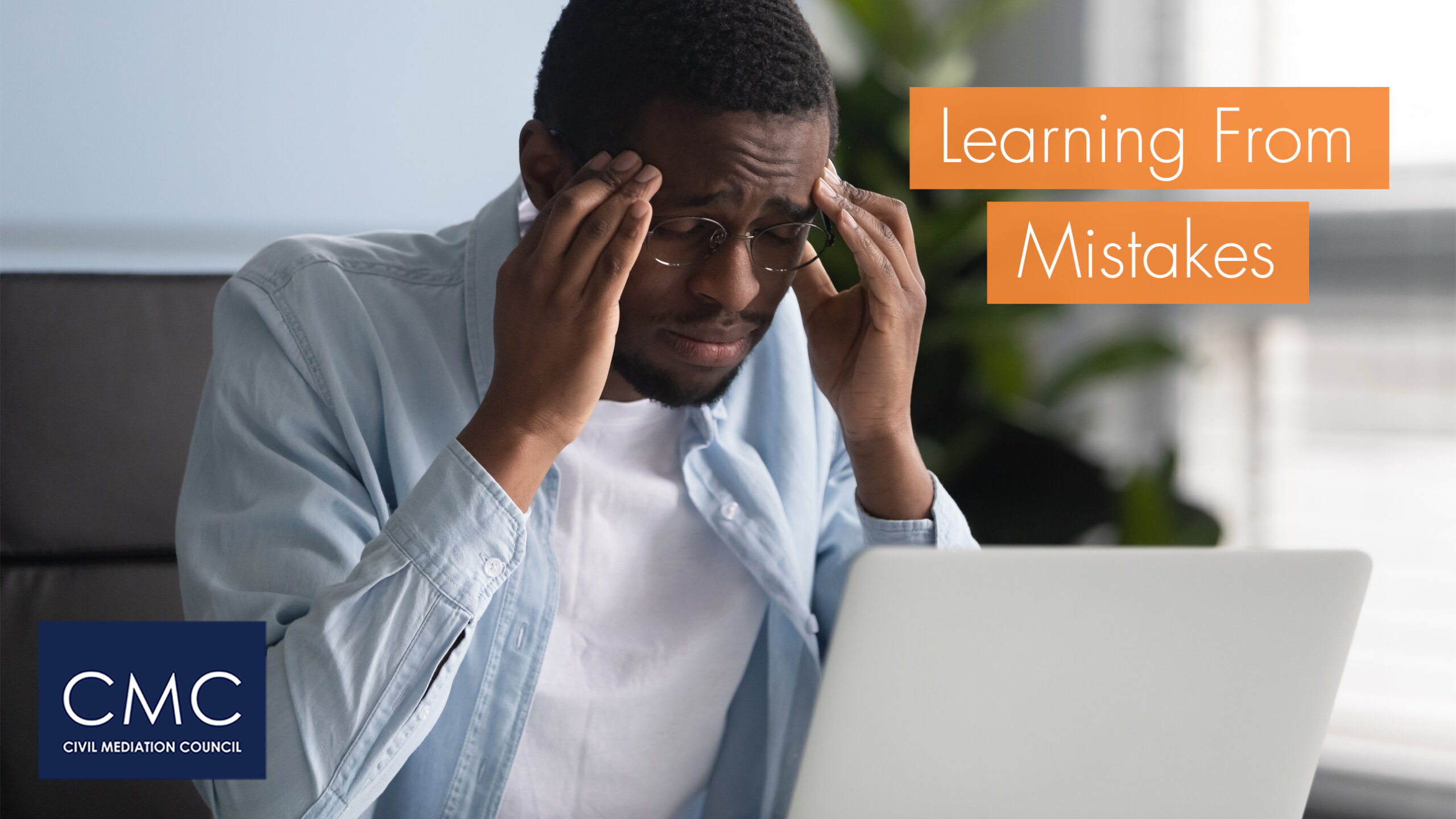When Mediators Make Mistakes
When Mediators Make Mistakes
BY ROSEMARY HOWELL
Are all mistakes valuable, asks Rosemary Howell in her recent article on the Kluwer Mediation Blog. “I don’t need to be enthusiastic or excited when I am feeling so disappointed in myself but I do need to search for the value” she says, reflecting on a recent mistake she made during her mediation session. Do you search for value in your mistakes?

The work of Daniel Kahneman continues to provide a powerful lens for scrutinising human behaviour – useful for our human interactions in general and our life as mediators in particular.
His work, with his late colleague Amos Tversky, gave us the field of behavioural economics and Kahneman the Nobel Prize in economics. I have a very well-thumbed copy of his text Thinking, Fast and Slow next to my desk and I revisit it often. I think of him as an influencer in my life and work.
During the worst of the Covid lockdowns the Program on Negotiation at Harvard Law School provided us a wonderful resource – making available online the Herbert C Kelman Lecture series which included Kahneman talking about his remarkable text in a session called ‘Negotiation; Fast and Slow’. This was followed soon after by the University of New South Wales in Australia also engaging him in conversation about the text and his more recent text ‘Noise: A Flaw in Human Judgement’.
Mistakes as a source of value
Along the way in these conversations Kahneman shared some unexpected ideas – the most relevant to me his description of ‘the pleasure of finding I’m wrong’. He talks about this as one of the joys of work – one of the only times when he thinks he has learned something. Later he gives the example of how he regrets what he has written about ‘Priming’ and not only has he admitted publicly that he ‘got it wrong’ but he has also encouraged other researchers to consider what they need to do differently and better now. It is clear that, as Kahneman connects with his former concepts that he now sees as incorrect, he is intellectually engaged, enthusiastic and curious. He is not overwhelmed with remorse and does not identify his mistake as a professional misstep.
As Kahneman presents it, making a mistake has a value.



